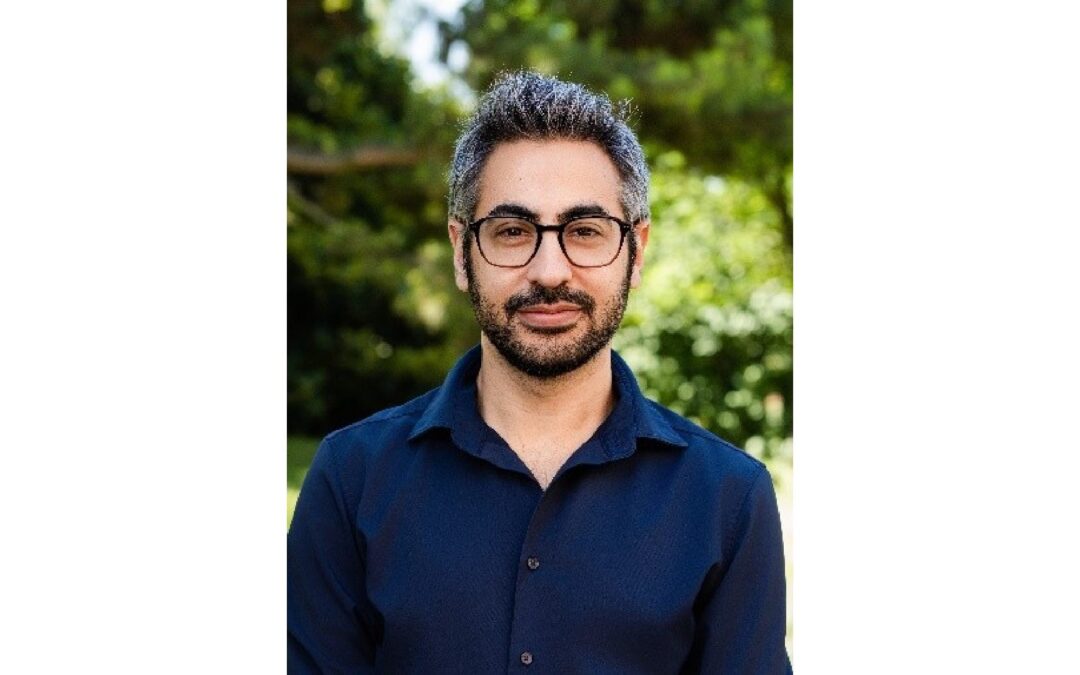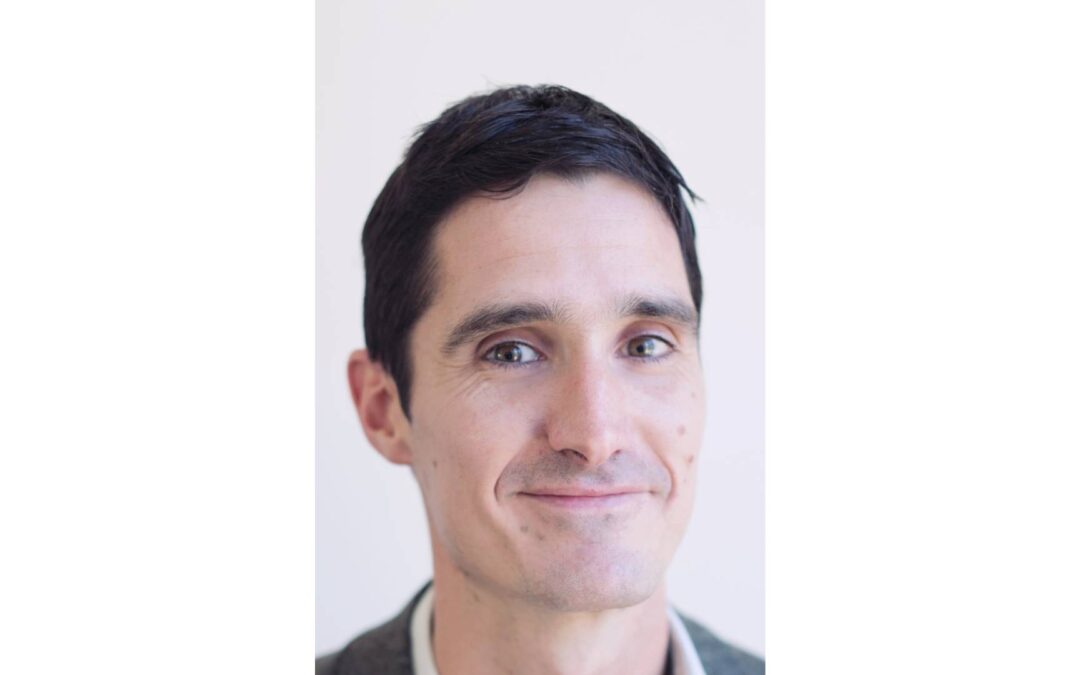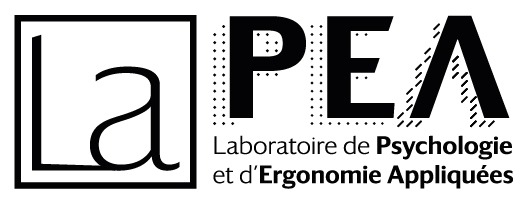Séminaire de Tiffany Morisseau: When accuracy matters and when it doesn’t: motivational factors of epistemic vigilance towards scientific information.
Ce séminaire sera l’occasion de passer en revue les différentes voies de recherche qui ont été explorées en psychologie cognitive concernant la consommation de fausses informations et ses conséquences sur la confiance dans l’information scientifique.
Jeudi 11 Mars 2021
Résumé
In this presentation, I start by making a quick review of the different research avenues that have been explored in cognitive psychology relative to people’s consumption of misinformation and its consequences for trust in scientific information. I then explore a complementary perspective, drawing on the idea that citizens are in fact able to question doubtful information they encounter in the media, when truth matters from their point of view. I present two hypotheses: First, that the decision-making relevance of scientific information can be small from the individual point of view. Second, that any piece of information, including scientific information, can become relevant regardless of its accuracy, when emotional and social stakes come into play. Finally, I suggest some practical implications that can be derived from these hypotheses.
Biosketch de la chercheuse
Tiffany Morisseau is a researcher in Cognitive Psychology and Research Manager at Strane Innovation (strane-innovation.com). Since January 2021, she is affiliated with the Laboratory of Applied Psychology and Ergonomics (LaPEA, University of Paris). She holds a Master’s degree in Management from AUDENCIA Business School (Nantes, France) and a PhD in Cognitive Psychology from the University of Lyon. Her current research projects mainly focus on the question of epistemic trust and vigilance, and the socio-cognitive mechanisms underlying how people come to process scientific information.
She is a member of the H2020 PERITIA consortium (peritia-trust.eu) and leads the Psychology part. This multidisciplinary project deals with the conditions of public trust in scientific experts and brings together researchers in philosophy, psychology, political science and media science.
À lire aussi

Anthony Lantian (Université Paris Nanterre) : Croyances aux théories du complot : rôle des motivations existentielles et épistémiques, et liens avec la stigmatisation
Jeudi 19 mars 2026 à 10h30. © Résumé : Cette présentation propose une série d’études visant à mieux comprendre les croyances aux théories du complot. Je commencerai par examiner les motivations existentielles, notamment les effets de la perte de sens et de...

Gael Brulé : Le coût environnemental du bonheur
Jeudi 29 janvier 2026 à 10h30. © Résumé : Objectif de vie pour tout un chacun, démonstration de puissance pour l’État, le bonheur fait l’objet de nombreux classements. Les indicateurs utilisés résultent toutefois de constructions fondées sur différentes idées...

Hélène Sauzéon (Université de Bordeaux) : Les motivations intrinsèques comme principes de conception des technologies numériques pour la cognition.
Jeudi 20 novembre 2025 à 10h30 en 2011. © Résumé : Les théories psychomotivationnelles, comme celle de l’autodétermination (Ryan & Deci, 2000) placent l’agentivité comme pilier du développement à tous les âges de la vie à travers notamment l’expression de...

Samy Chikhi :”Mesurer et moduler la gestion des ressources cognitives”
Jeudi 25 septembre 2025 à 10h30 en 2011. © Résumé : Le système cognitif humain est limité dans ses capacités de traitement, ce qui entrave notre capacité à intégrer et manipuler l’information et affecte la qualité des décisions prises. Le concept de charge...
